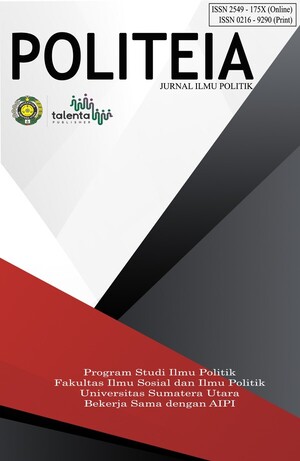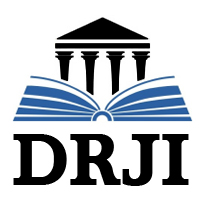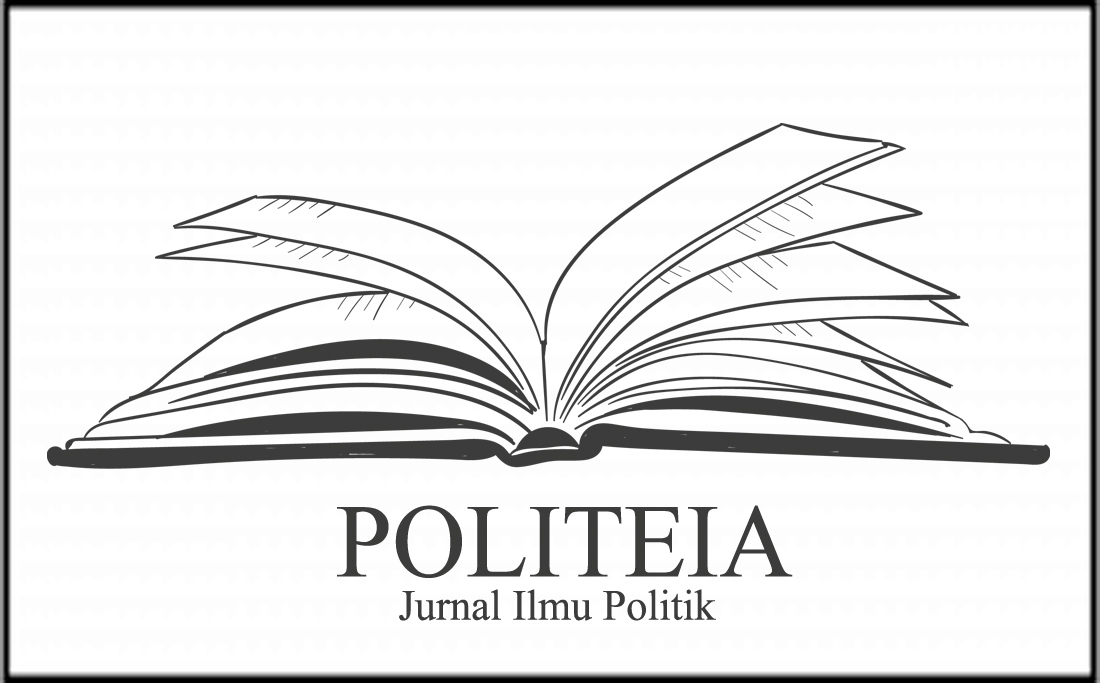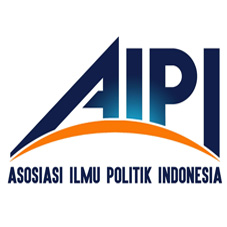Perubahan Paradigma Politik di Indonesia Dari Demokrasi ke Oligarki
DOI:
https://doi.org/10.32734/politeia.v16i1.12424Keywords:
Politics, Democracy, Oligarchy, W.A. BongerAbstract
The political system implemented in a country can affect society's social, economic, and cultural development. So determining the correct political direction is vital for a country. This research was written using a descriptive qualitative method with literature studies and aims to discuss the practice of democracy in Indonesia and changes in the direction of the political system in Indonesia from democracy to oligarchy. The results of this study state several shortcomings in the practice of democracy in Indonesia, including the widespread abuse of authority, human rights violations, and election fraud, which can reduce the credibility of the Indonesian political system. This condition shows a change in the direction of Indonesia's political system from a democracy to an oligarchy. Political oligarchy focuses on concentrated power in a group of people with joint and interconnected political interests. The political oligarchy system has caused corruption and collusion in Indonesia. This system also allows political parties to control elections and increase the chances of victory. It increases economic inequality among social classes and reduces opportunities for the development of the business sector and investment. This oligarchic political system can also reduce opportunities for fair and transparent political participation. The most common adverse effects of oligarchy are increased corruption, social injustice, and political instability. Oligarchy allows small groups of rich people to take advantage of the political and economic system, suppresses civil society's economic and political rights, and hinders the democratic process.
Downloads
Downloads
Published
Issue
Section
License
Copyright (c) 2024 Politeia: Jurnal Ilmu Politik

This work is licensed under a Creative Commons Attribution-ShareAlike 4.0 International License.














